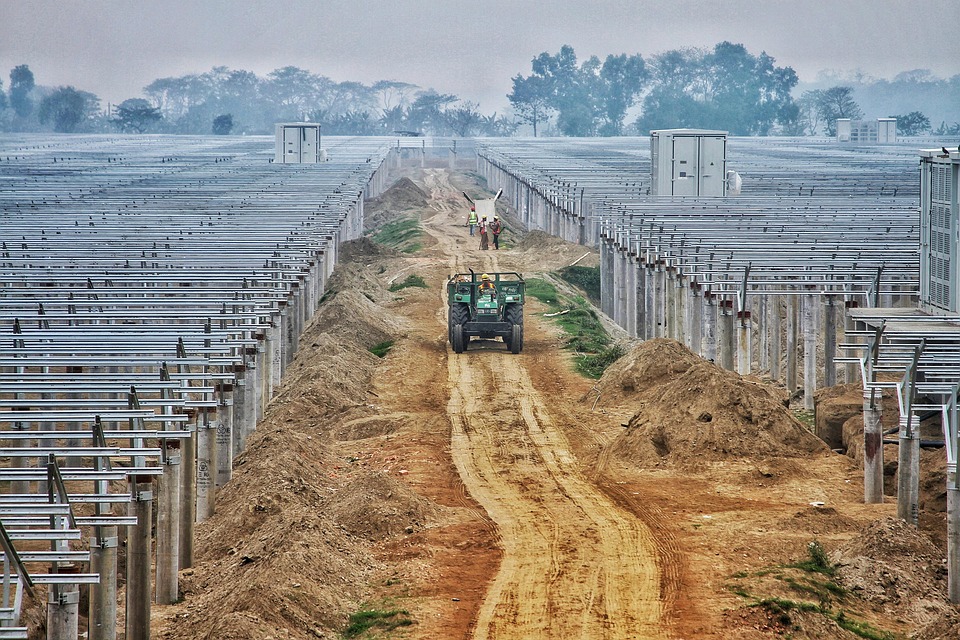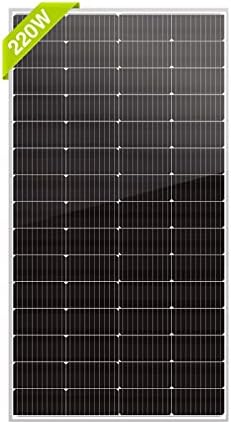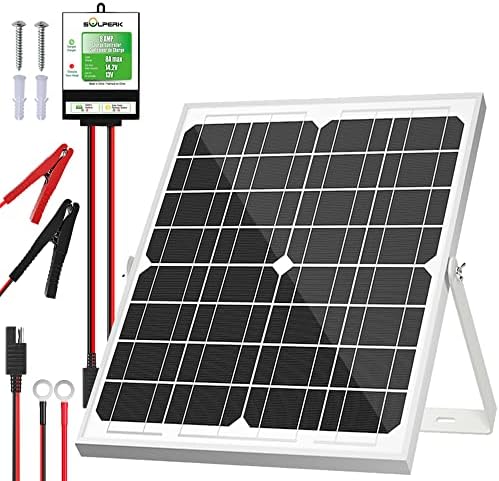# Solar Power Anywhere: The Advantages of Off-Grid Solar Systems
Picture this: you wake up to the soft glow of morning sunlight streaming through your cabin window, the air crisp and invigorating. You step outside, coffee in hand, and are greeted by the tranquil sound of nature—a chorus of birds, rustling leaves, and nothing else. Still half-asleep, you flip the switch to flick on your favorite tunes, and voilà, your off-grid solar system has powered it all. This daily ritual is only possible because of the remarkable advantages off-grid solar systems bring to a lifestyle intertwined with nature.
In this article, we’ll explore the myriad benefits of adopting off-grid solar solutions, delve into practical considerations, and share pro tips that can help anyone—from outdoor enthusiasts to eco-conscious homeowners—make the most out of renewable energy.
## Understanding Off-Grid Solar Systems
Off-grid solar systems function independently from the traditional energy grid. By harnessing sunlight to produce electricity, these systems allow individuals to generate and consume their power, particularly in remote areas where access to conventional energy sources might be limited. This independence is not just liberating but enriching, opening doors to self-sufficiency, sustainability, and a lifestyle that aligns more with nature.
### The Benefits of Going Off-Grid
#### 1. Energy Independence
One of the most appealing benefits of an off-grid solar system is energy independence. For many, relying on traditional power sources means dealing with fluctuating prices, potential outages, and endless bills. Off-grid solutions empower you to generate your own energy, enabling you to take control of your resources. Imagine never worrying about the hikes in energy prices or brownouts ever again!
#### 2. Environmental Impact
Using solar energy significantly reduces your carbon footprint. Unlike fossil fuels, solar power is clean, sustainable, and renewable. By investing in an off-grid solar system, you actively contribute to environmental preservation. You’re not just living off the grid but supporting a global shift toward sustainability that benefits all living creatures on this planet.
#### 3. Cost Savings
While the initial investment in solar panels and related equipment can be considerable, the long-term savings can be significant. Once your system is installed, the ongoing costs are minimal—essentially just maintenance. You eliminate monthly electric bills, and many states offer tax incentives or rebates, making solar even more affordable. For those looking to save money, an off-grid setup can be a game-changer.
#### 4. Increased Property Value
Installing an off-grid solar system can enhance your property’s value. As renewable energy becomes a focal point in modern living, many homebuyers seek properties that offer green solutions. An off-grid solar system may be a deciding factor for potential buyers, allowing you to recoup—or even profit from—your initial investment.
#### 5. Resilience to Grid Failures
Whether it’s due to severe weather, geological instability, or infrastructural failures, power outages are a reality many face. An off-grid solar system provides a dependable backup power source, ensuring continuity in your daily life, no matter what challenges come your way. With energy storage systems like batteries, you can stockpile solar energy generated during sunny days for use during inclement weather or nighttime.
#### 6. Flexibility in Location
Another exciting aspect of off-grid solar systems is their flexibility. Whether situated in remote woods, mountains, or coastal regions, solar panels can be installed almost anywhere there’s sunlight. This flexibility allows for unique lifestyles and living arrangements that wouldn’t be possible with traditional power sources. Want to build a tiny house on wheels? Go for it! Your solar system travels with you.
### Practical Considerations for Off-Grid Solar Systems
Before jumping into solar energy, it’s crucial to weigh important factors that may affect your off-grid experience:
#### 1. Energy Needs Assessment
Evaluate your energy requirements based on your lifestyle. How much power do you consume in a day? Consider everything from cooking appliances and heating systems to electronics and lighting. Knowing your power needs helps in designing an efficient system tailored for you.
#### 2. Location and Sunlight Access
Assess the location of your property to ensure maximum access to sunlight. Shading from trees, buildings, or terrain can limit solar efficiency. When planning your solar setup, choose a placement that allows panels to capture the most sunlight throughout the day.
#### 3. System Components
Off-grid solar systems generally consist of solar panels, inverters, batteries, and mounting hardware. Research these components to understand how they work together. For example, batteries are crucial for storing energy for non-sunny days, while the inverter converts the DC electricity generated by solar panels into the AC power most household appliances use.
#### 4. Maintenance and Lifespan
Though solar systems require minimal upkeep, occasional cleaning and periodic checks of components will ensure maximum efficiency. Most solar panels have a lifespan of 25-30 years, but other elements like batteries may need replacing more frequently, so factor this into your budget.
### Pro Tips for Maximizing Your Off-Grid Solar Experience
1. **Invest in Quality:** Use high-quality solar panels and components to ensure efficiency and longevity. Cheap options may save money upfront but can lead to higher costs down the road.
2. **Consider Solar Optimization Technology:** Tools like solar trackers can increase energy production by automatically adjusting the angle of solar panels to follow the sun throughout the day.
3. **Mix and Match Energy Sources:** Depending on your location, you might consider a hybrid system that incorporates wind turbines, hydroelectric systems, or even backup generators for added reliability.
4. **Stay Informed:** Join online communities, forums, or local groups focused on solar energy. Networking with like-minded individuals can provide valuable insights and tips.
5. **Monitor Your Energy Use:** Consider using energy monitoring systems that help track consumption patterns. This can provide insights into areas where you can conserve energy.
### Conclusion: Embrace the Off-Grid Life
Adopting an off-grid solar system is not just about power; it’s about freedom, sustainability, and the chance to reconnect with nature. The charm of living in a self-sufficient, eco-friendly way radiates beyond mere convenience; it encourages a lifestyle that celebrates simplicity and respect for our planet. As you become part of the growing movement towards renewable energy, you’re not only enriching your own life but also contributing positively to the world at large. With each sunbeam captured, you’re making a step in the right direction toward a sustainable future.
Are you ready to harness the sun’s power and experience the countless benefits it creates? Dive into the world of off-grid solar systems, and let the adventure begin!



